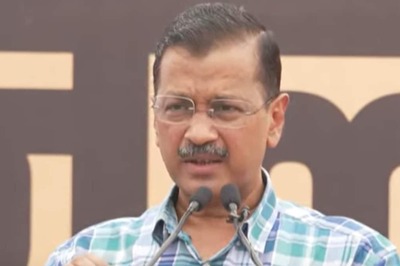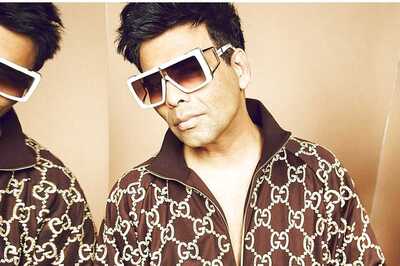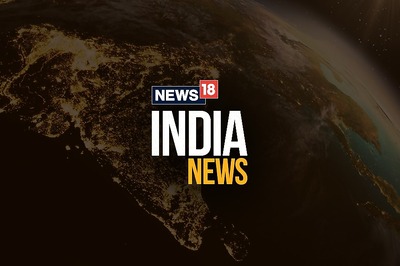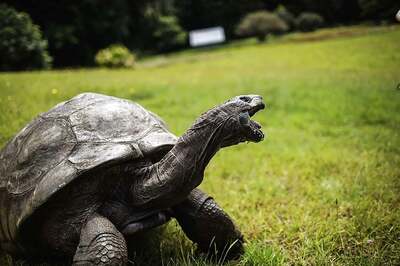
views
WARSAW, Poland: Polands government welcomes signals that Germany might stop a controversial gas pipeline project over the poisoning of Russian dissident Alexei Navalny, a Polish deputy foreign minister said Tuesday.
In an interview with The Associated Press, Pawe Jaboski said it was good that some German politicians seem to have had a wake-up call,” adding that it was regrettable that it required such a dreadful incident to take place.
Navalny, a high-profile critic of Russian President Vladimir Putin, was flown to Germany last month after falling ill in Russia. German experts say tests show he was poisoned with a Soviet-era nerve agent, prompting the German government last week to demand that Russia investigate the case.
German Foreign Minister Heiko Maas said on the weekend that the Russian reaction could determine whether Germany changes its long-standing backing for the Nord Stream 2 pipeline, which will bring Russian gas to Germany under the Baltic Sea, bypassing Ukraine.
Its good it has not been overlooked this time — at least it seems so after Heiko Maass reaction, Jaboski said.
Germany has long insisted that the pipeline is a commercial project and its industries badly need the gas that Russia can offer.
Poland, on the other hand, is among several countries, including the Baltic states, who fear that it will allow Russia to use its energy resources for political leverage over Europe, and particularly over Ukraine.
Our position was clear and consistent all these years, Jaboski said. We have been indicating that this is not only an economic project, its mostly a political project, and it can also be used as a military tool, as warfare, in case Putin would decide to stop the gas flowing through Ukraine.
He spoke as Poland also faces a crisis across its border in Belarus, where mass street protests have been taking place since authoritarian President Alexander Lukashenko, in power for 26 years, claimed to have won an election last month widely viewed as rigged.
Warsaw has long advocated democratic change in Belarus, hoping for stability and democracy on its eastern border, that is also the eastern border of the European Union and NATO.
In recent weeks, Poland has been giving support to members of the Belarusian opposition. Dozens of Belarusian protesters have received treatment for injuries in Poland, while Prime Minister Mateusz Morawiecki is due to meet on Wednesday in Warsaw with Sviatlana Tsikhanouskaya, the main opposition challenger to Lukashenko who now lives in Lithuania.
Disclaimer: This post has been auto-published from an agency feed without any modifications to the text and has not been reviewed by an editor




















Comments
0 comment